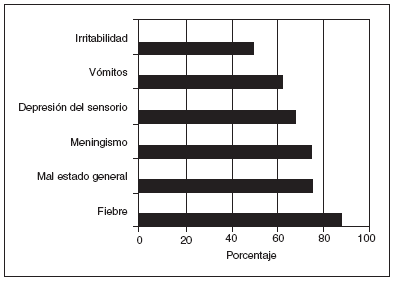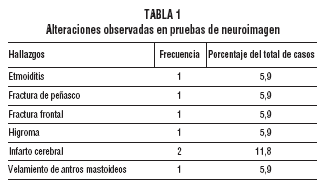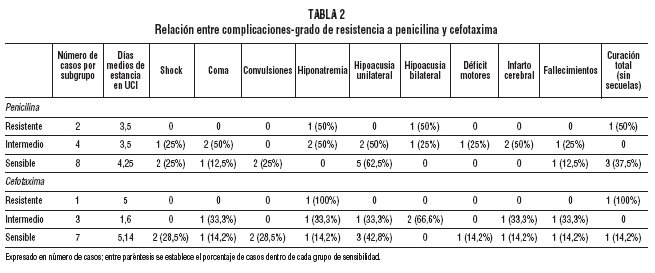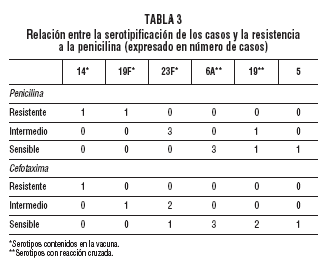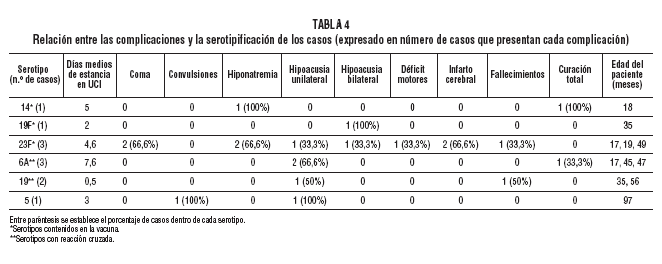Revista Oficial de la Asociación Española de Vacunología (AEV).
Vacunas publica artículos de investigación relacionados con el campo de las enfermedades inmunoprevenibles en humanos y aquellas con potencial zoonótico en animales. Prioriza los aspectos asociados con la planificación y evaluación, incluyendo la epidemiología de las enfermedades prevenibles por inmunización, el desarrollo de programas de vacunación y la evaluación de la eficacia, efectividad y eficiencia de las vacunaciones. Acepta artículos tanto en español como en inglés.
Las áreas de interés de la revista son las siguientes:
- Desarrollo y evaluación de vacunas
- Epidemiología de enfermedades inmunoprevenibles
- Aspectos históricos, regulatorios y de utilización comercial
- Tecnología de vacunas, vectores, adyuvantes e inmunomoduladores
- Políticas de salud pública y programas de vacunación
- Inmunología de las vacunas y mecanismos de acción
- Mecanismos de inmunología relacionados con la vacunación
- Seguridad, eficacia y efectividad de las vacunas
- Reticencia y aceptación de las vacunas
- Vacunas para enfermedades crónicas, autoinmunes, alergias y enfermedades no transmisibles
- Vacunas veterinarias para la salud animal bajo la perspectiva de One Health-Una Salud
Official journal of the
Asociación Española de Vacunología.
Vacunas publishes research articles related to the field of vaccine-preventable diseases in humans and those with zoonotic potential in animals. It places special emphasis on aspects associated with planning and evaluation, including the epidemiology of vaccine-preventable diseases, the development of vaccination programs, and the evaluation of the efficacy, effectiveness, and efficiency of vaccinations. It accepts articles in both Spanish and English.
The areas of interest of the journal are as follows:
- Vaccine development and evaluation
- Epidemiology of vaccine-preventable diseases
- Regulatory affairs and commercial utilization and historical background of vaccines
- Vaccine technology, vectors, adjuvants, and immunomodulators
- Public health policies and vaccination programs
- Vaccine immunology and mechanisms of action
- Immunological mechanisms
- Vaccine safety, efficacy, and effectiveness
- Vaccine hesitancy and acceptance
- Vaccines for chronic conditions, autoimmune diseases, allergies, and non-communicable diseases
- Veterinary vaccines for animal health from a One Health perspective





